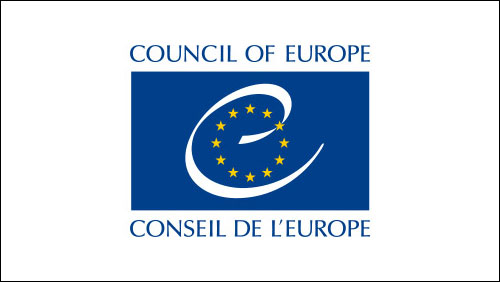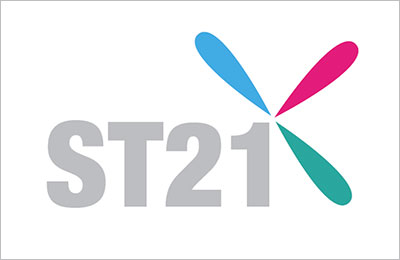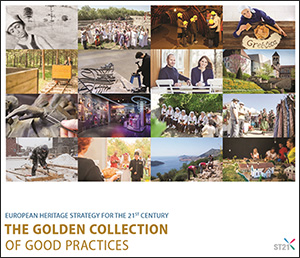Location of the initiative:

Relation to Strategy 21 Recommendations:
S2 - Make heritage more accessible
Time span of the initiative:
Permanent
Brief description of the initiative:
The formerly inwardly focused institute Ipsen de Bruggen, has built a new 'Grand Cafe' to concentrate their facilities - restaurant, shop, etc. - for patients and their guests in one central building. In the building and at the grounds of the institute, they visualized the Roman castle, which has been excavated in the 70’s. They did this with participation of the patients.
In the Grand Café, the Roman history and the world famous Roman ships are presented to the public. It is a professional exhibition but, with contributions by the patients. These items made by patients are replaced by new made ones at a regular base. In the shop several items with a Roman connection, made by the patients, are sold. E.g. Birdhouse in the shape of a Roman watchtower; cookies in the shape of Roman tablets, etc.
Part of the plan is also that the institute opened the doors for tourist-visitors and other people, cycling along the Roman Limes. The Roman Limes is in the process for nomination as a World Heritage site.
The institute for mentally and multi-handicapped patients has joined all the initiatives to enlarge the awareness of the Roman heritage and use the heritage as a mean to integrate their patients into society and enlarge the self-esteem of them. The Archaeological enterprise 'Hazenberg Archeologie' developed the concept together with Ipsen de Bruggen. The province of South- Holland subsidies the Project.
Objectives of the initiative:
- Integrating mentally and multi-handicapped people more in society; by let them participating in the visitors centre.
- Using heritage to attract visitors to the center and show the archaeological heritage to them and let them be in contact with the institute and the patients.
Brief assessment of the initiative’s results:
The Grand Cafe has only been opened recently, but got already a lot attention from newspaper and radio. In the sense of participation, it is already a success, because part of the patients has been working on the presentations. Because it is a Grand Cafe of the institute, workers, patients and their guests are guaranteed visitors. Hopefully cyclist, hikers and other people will enjoy the hospitality of the Grand cafe, learn about the Roman history and appreciate the contribution of and contact with the patients. On the other hand the patients will feel more part of society when visitors come in.
Online resources:
- http://www.ipsedebruggen.nl/news/article/58/opening-de-havennigrum-pullum-zwammerdam
- http://www.romeinselimes.nl/nl/op-pad/fort-nigrum-pullumzwammerdam
- https://erfgoedstem.nl/opening-bezoekerscentrum-haven-nigrumpullum/
- http://www.monumentaal.com/bezoekerscentrum-haven-nigrumpullum-open
Contacts:
The Institute: Landgoed Hooge Burch
[email protected]
for press: 088 - 967 55 00
The involved Archaeological company
[email protected]
The province-Archaeologist; province involved as subsidizer
[email protected]





